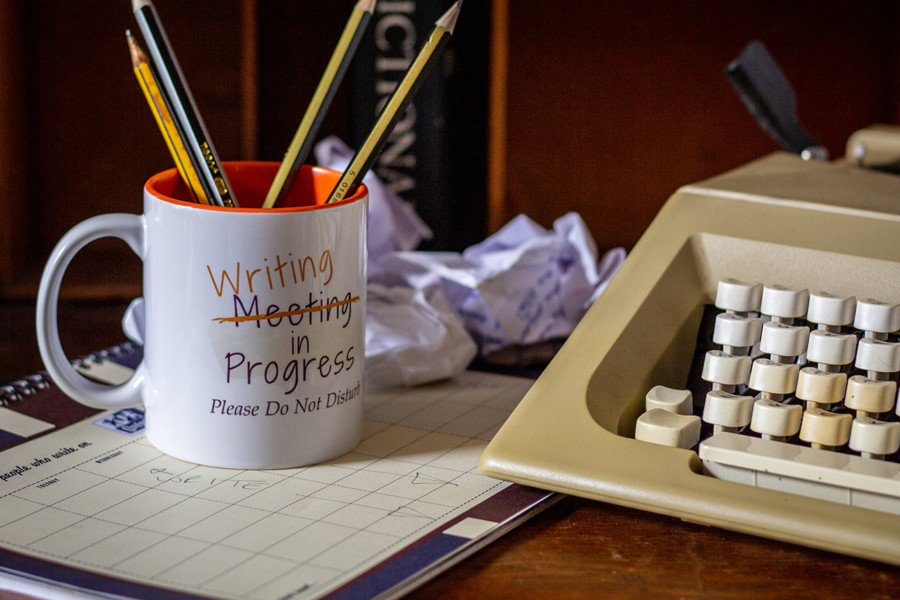Helen Kara has written a though provoking piece about citation and scholarly friends: To Cite or Not to Cite your Friends. One of her scholarly interests is ethics, so it’s not surprising that she would think about this in relation to the ethics of citation. Is citing your friends cronyism? Is it “gaming the system”? What […]
Read More »peers
Writing is the social currency of academic life
In high school things like fashionable clothes, knowing the latest hit from a popular band, and being good at sports were the keys to popularity. Getting good grades might have endeared you to teachers and parents but it wasn’t really the currency of peer approval. The world you are in now is like an upside […]
Read More »The best argument I’ve heard for Open Access publishing
Global reach. It has recently come to my attention that there are all sorts of academics out there that don’t read your academic articles either. (HT @ernestopriego) They are your audience. They are engaged in the academic debates that you are engaged in. And they can’t get access to your articles because the funding situation in their institution is even worse than it is wherever you are.
Read More »Collaboration, co-authoring, and such
If you are in the humanities or some social science disciplines, co-authorship is much less common and may even be frowned upon. Some humanities researchers have been heard to doubt the existence of co-authorship, “Two people cannot hold the pen.”*
If you are in this kind of discipline, writing with others can feel odd. And it raises some interesting issues about how it will be evaluated.
Why co-author? … get more written … share expertise … mentor students
How will peers view it? … separating you from your co-authors … getting collaborative grants
Read More »








